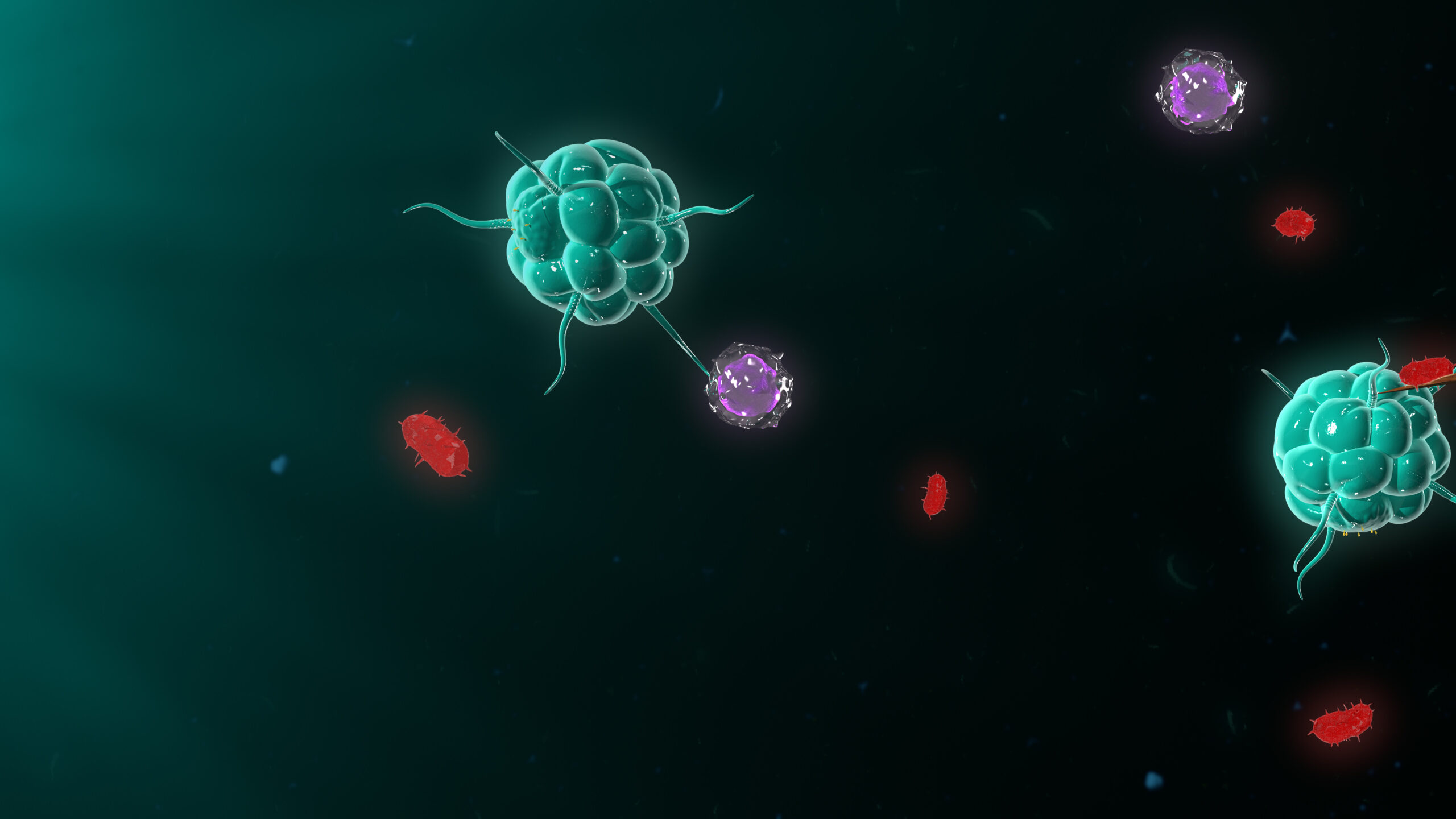There is no shortage of stressors in the world today: inflation, political unrest, climate change, worker shortages – take your pick. But how one manages their daily stress, be it small or great, can have an effect on the body and the rate at which the immune system ages. Studies have recently found that social stress arising from difficult interpersonal relationships can accelerate aging of the immune system.
According to a recent Health article in The Washington Post, not all people’s immune systems decline in older age at the same rate. The aging of the body’s immune systems is associated with less effective responses to vaccines and may be related to health problems like cancer and cardiovascular disease that are common in older age.
Using data from the U.S. Health and Retirement Study, funded by the National Institute on Aging, researchers found that based on survey questions about stress and blood samples of participants, people who experience more stress had a lower proportion of “naive” T cells. These fresh cells are necessary to fight viruses and bacteria when they invade the body and play a central role in immune response. People who reported experiencing more stress also have a greater proportion of “late differentiated” T cells – older cells that have lost their ability to fight invaders and now produce proteins that can increase damaging inflammation.
Stress can take many forms including the loss of a job, caring for an ill loved one, suffering discrimination, or experiencing financial difficulty. Finding ways to manage stress can not only help people feel more able to tackle challenges, but certain lifestyle changes like getting regular exercise, eating a healthy diet, and stopping smoking can help slow down accelerated immune aging.
There are many coping strategies that people can use to manage stress, especially as we enter the holiday season. Some people find they can reduce stress and boost mood with meditation, social interaction, physical activity, or creative engagement. Making quality sleep a priority and cutting back on caffeine and alcohol can also help reduce feelings of stress and anxiety. Learn more about coping with stress during the holidays by following this link to the Mayo Clinic website.






Add Your Voice
0 Comments
Join the Discussion